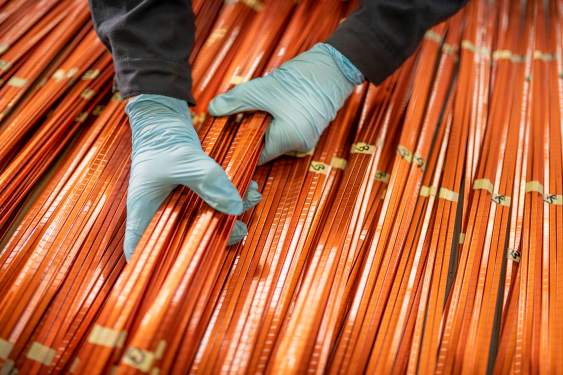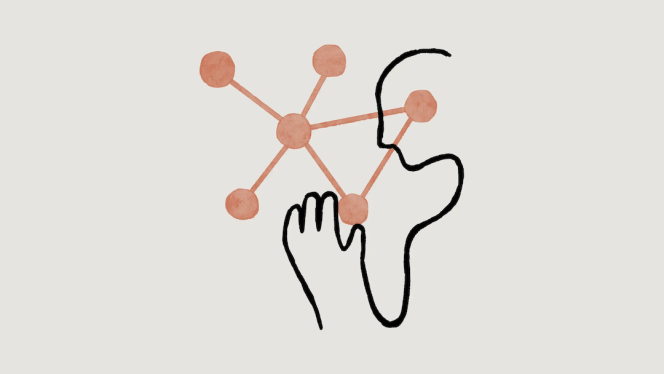Copper is a crucial metal for the world’s transition away from fossil fuels. Its excellent conductivity makes it an essential component in electric vehicles, wind turbines, and other renewable energy technologies. However, by the end of the decade, the International Energy Agency predicts that copper supplies will fall 20% short of demand.
A Stealthy Startup Seeks to Bridge the Gap
A Colorado-based startup called Endolith is working on a solution to this looming supply shortage. By leveraging the power of microbes, they aim to increase copper recovery rates from mines. This innovative approach has the potential to significantly boost global copper supplies and support the growth of renewable energy technologies.
The Current State of Copper Recovery
Today, most copper is extracted using hydrometallurgy, a process that involves pouring acid on piles of rock to release the metal. However, this method only recovers about half of the available copper from rocks. Endolith’s approach supplements traditional methods by introducing specially engineered microbes that can enhance copper leaching.
Domesticated Microbes for Enhanced Copper Recovery
Endolith’s founder and CEO, Liz Dennett, explains that their microbes are essentially "domesticated" to optimize copper recovery. By studying the conditions within a particular mine’s heap leach, they identify suitable microbe candidates and accelerate their evolution in the lab. The result is a community of microbes that can liberate more copper from the rock.
A 10% Boost in Copper Recovery
According to Dennett, Endolith conservatively estimates that they can increase copper recovery by 10%. This may not seem like a significant gain, but it could make a substantial difference in the global supply of copper. With the industry’s current methods recovering only about half of available copper, any improvement is welcome.
The Challenges of Mining
Mining for metals is often compared to searching for a needle in a haystack. Prospectors spend hours scouring potential deposits, and miners then spend years extracting the metal using chemicals that are sometimes as harsh as acid. The process is not only environmentally taxing but also expensive. Endolith’s approach seeks to reduce these costs while increasing recovery rates.
The Founders’ Background
Dennett has a PhD in geomicrobiology and previously served as CTO of Cemvita, a company that uses microbes to transform waste into valuable materials. Her experience in biomining led her to spin out Endolith as an independent entity last year. The startup has since raised an oversubscribed $5.13 million seed round led by Collaborative Fund and Overture.
Winnowing the Number of Product Lines
Since spinning out from Cemvita, Endolith has refocused its efforts on two primary product lines: copper and lithium. By streamlining their offerings, they aim to commercialize their technology more effectively and increase market penetration.
Conclusion
The world’s transition to renewable energy relies heavily on the availability of critical minerals like copper. As global demand for this metal continues to rise, innovative solutions are necessary to bridge the supply gap. Endolith’s use of microbes to enhance copper recovery has the potential to make a significant impact and support the growth of sustainable technologies.
Related News
- Uber CEO Dara Khosrowshahi resigns from self-driving truck startup Aurora’s board
- Inside the wild fall and last-minute revival of Bench, the VC-backed accounting startup that imploded over the holidays
- Generative AI funding reached new heights in 2024
Subscribe to TechCrunch’s Climate Newsletter
Stay up-to-date on the latest news and developments in the climate space with our weekly newsletter. Subscribe now and receive exclusive coverage of the most pressing issues facing our planet.
Follow Us on Social Media
Connect with us on Twitter, LinkedIn, or Facebook to stay informed about the latest news, trends, and insights from the world of technology and beyond.
Subscribe to Our Newsletters
Get the best of TechCrunch’s coverage delivered directly to your inbox. Choose from our selection of newsletters, including Daily News, AI, Space, Startups Weekly, and more.



